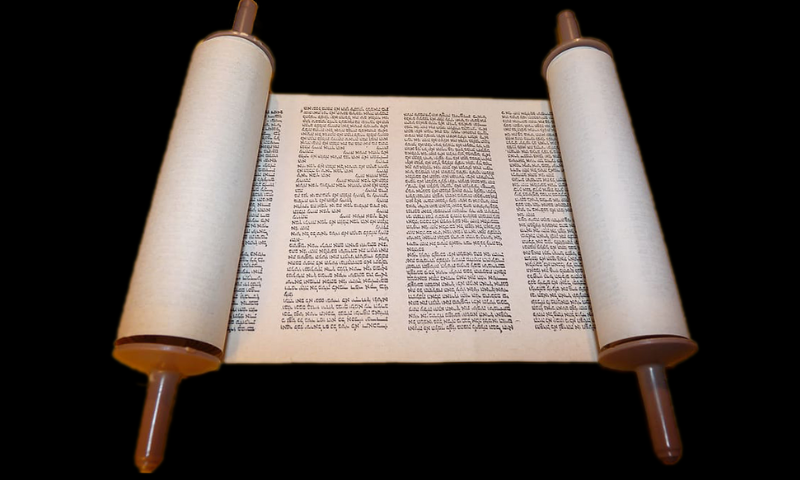David P. Goldman
Tablet, May 10, 2023
“Let me offer an outrageous claim as a starting point for this discussion: Torah more than Greek hochma is the source of modern science.”
Liel Leibovitz depicts poignantly the conflict between secular and religious Israelis, concluding that “soft appeals to brotherhood and shared destiny aren’t likely to resolve it.” I stand with those who believe that there is no Israel without Torah, but Israel won’t survive without the technological and military prowess of secular Israel—what Leibovitz calls the “First Israel” of the Ashkenazic elite who founded the state as well as the 100,000 scientists and technicians who emigrated from the former Soviet Union.
It may help to focus not on the First Israel in the broad sense that Leibovitz defines it, but instead on the scientific and technical elite who contribute decisively to Israel’s defense and prosperity. This elite is by no means entirely secular—Abraham Fraenkel, the founder of Israeli mathematics, and the computer scientist Moshe Koppel come to mind—but it is mainly secular. But for the most part, mutual antagonism reigns between Israel’s scientific-technical elite and its religious community, for well-known historical reasons.
After Napoleon, the Torah world’s retention rate of the most prominent Jews in secular fields of learning was painfully low. Of the 50 Jews awarded the Nobel Prize for physics, not one to my knowledge was shomer mitzvot as an adult. Among the most prominent Jewish philosophers of the past century, Bergson was agnostic, while Husserl and Scheler converted to Christianity. Shabbat observance excludes the performance of classical music as a Jewish career. It is impossible to account for the disproportionate success of Jewish scientists, mathematicians, musicians, and philosophers without referring to a unique Jewish sensibility. But “majestic man” often becomes too enamored of his majesty to remember the covenant.
… [To read the full article, click here]


